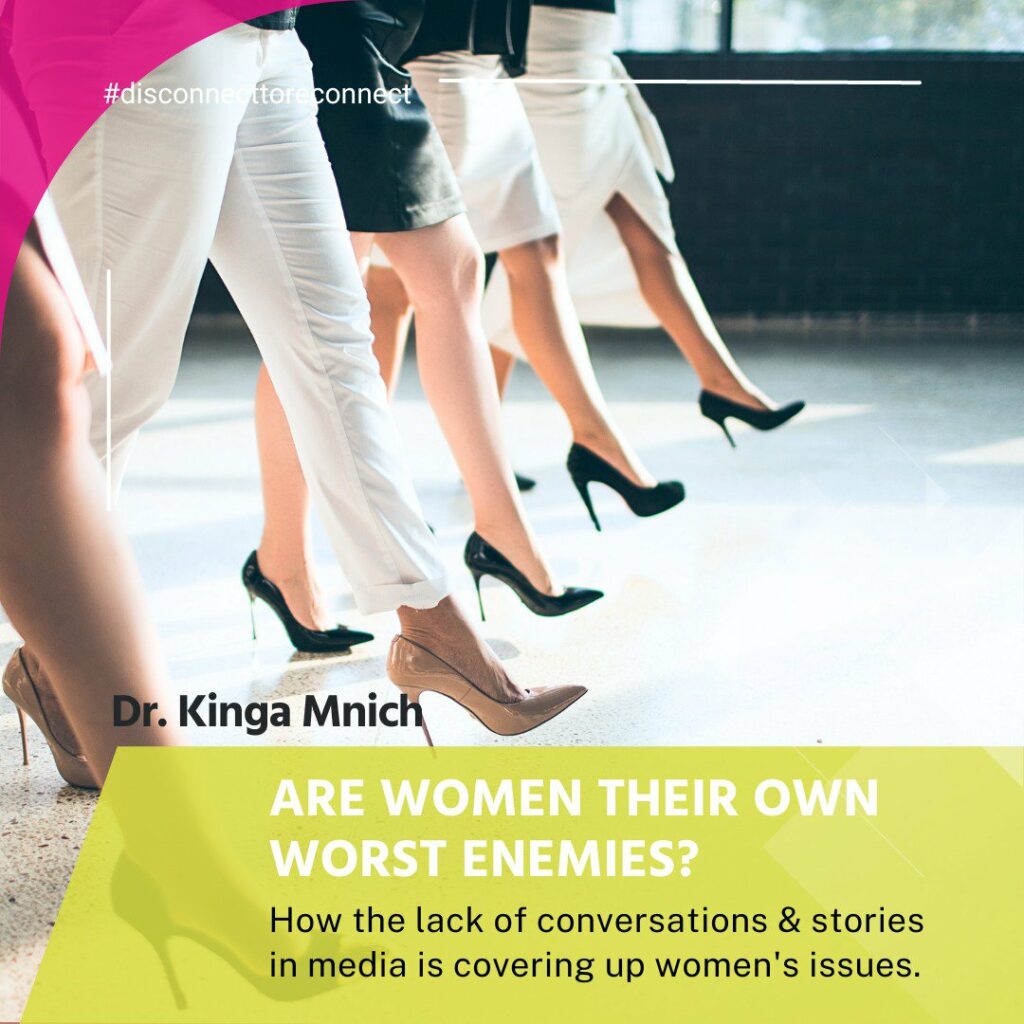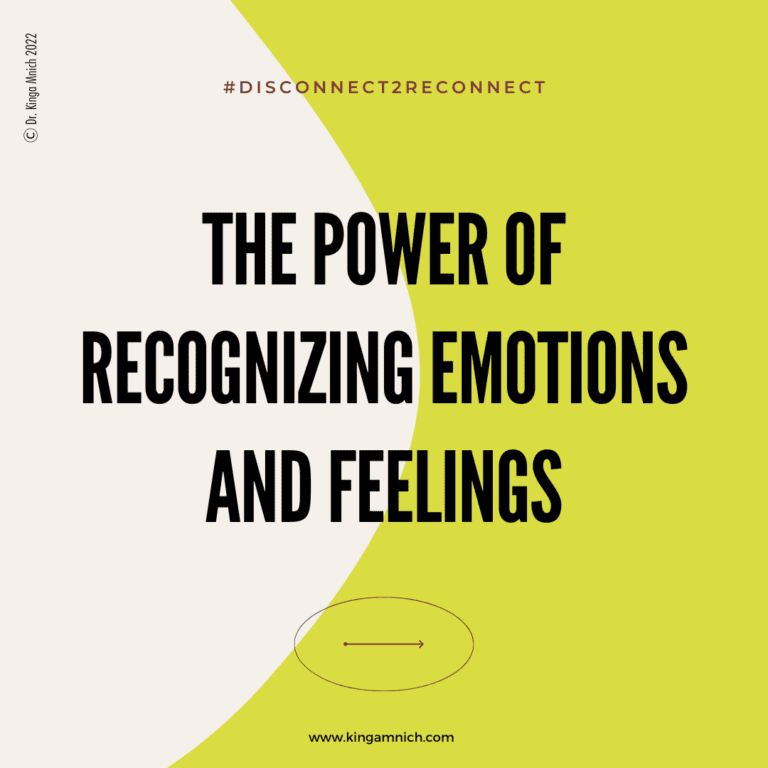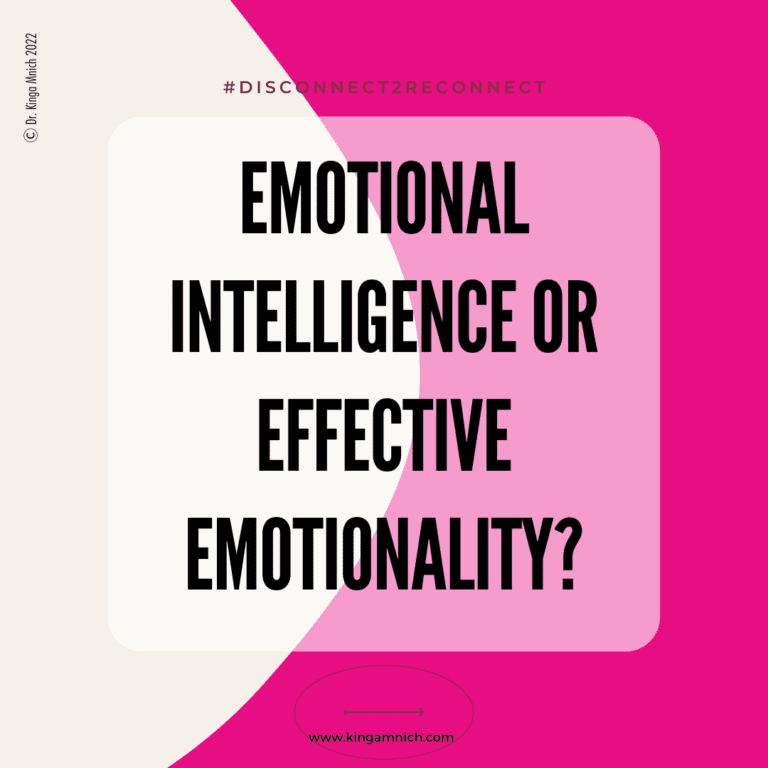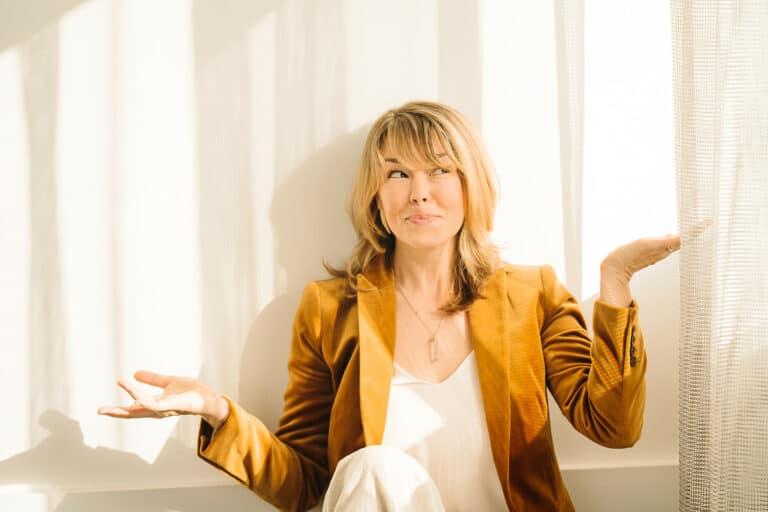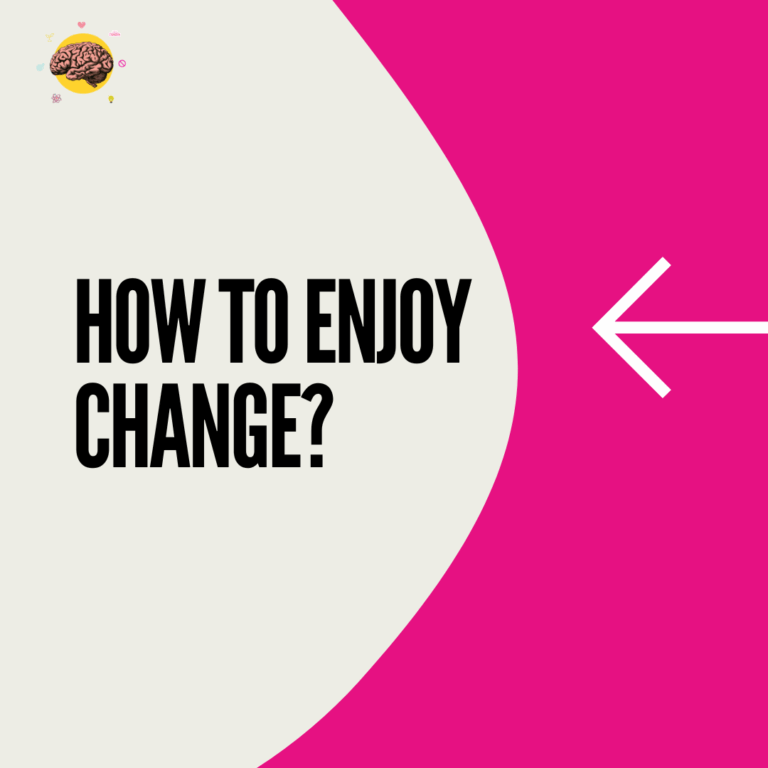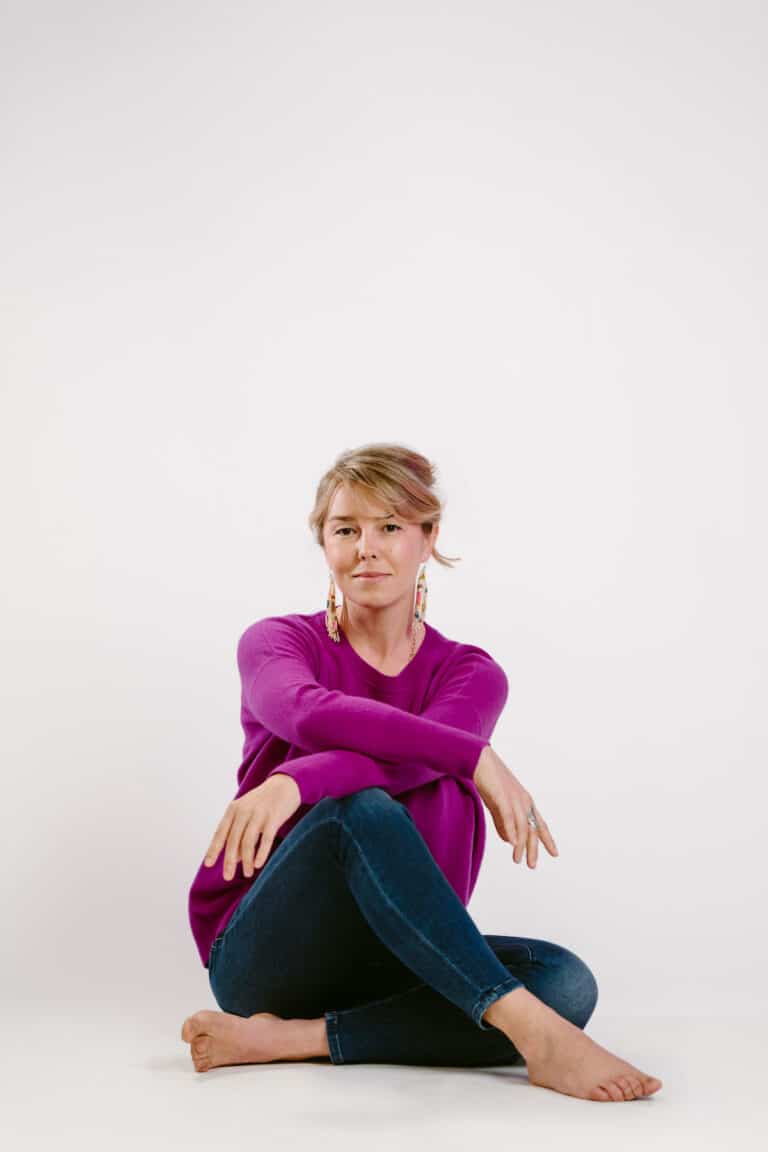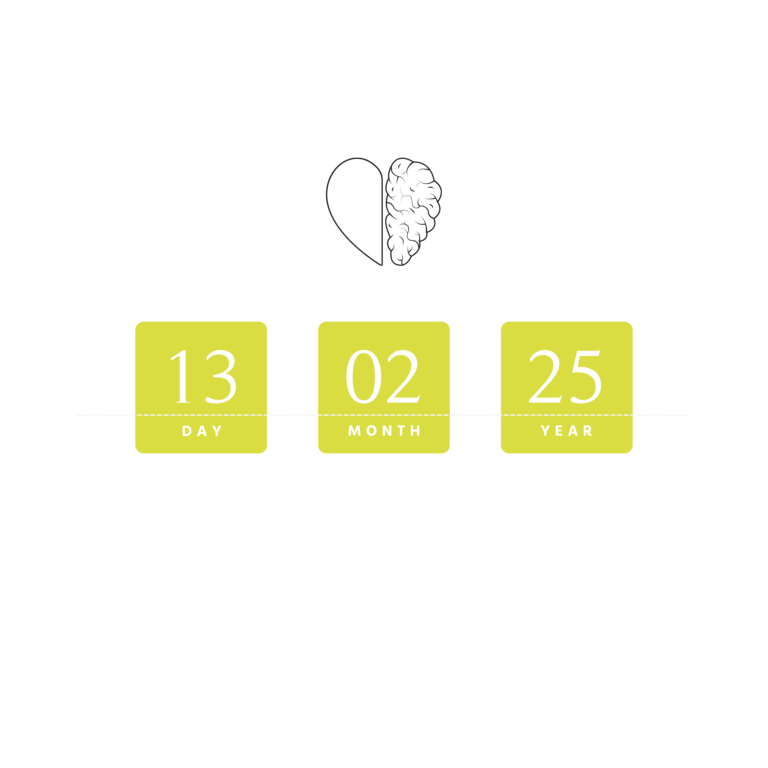Since we started Ziva Voices, we have generated many interesting conversations. The conversations mainly center around how we can achieve systematic change on a global scale, what that will take, and what women need in order to feel powerful enough to make it happen.
Unsurprisingly, questions have also been raised from time to time regarding the relevance of projects such as Ziva Voices. And, most interestingly to me, I am occasionally asked by my female peers if gender inequality still really exists. I hear that ‘women are already powerful’ and ‘the current abortion debate isn’t really a reflection of gender inequality,’ to ‘gender pay gap statistics are unclear and don’t portray the reality,’ or ‘I make more than my partner does; therefore, this can’t be true’.
Of course, no debate should happen in a silo, and conversations are important to ensure that all viewpoints are considered equally. But this fundamental question does show a degree of ignorance and reflects the lack of education provided on these topics – not to mention a lack of media coverage.
We believe what we see, and if we don’t see the statistics and the disadvantages women face daily, it is easy to believe these disadvantages don’t really exist. And maybe they don’t for the small number of really privileged women out there. But as a Social Psychologist with a focus on gender, I have seen plenty not only in my private life, but also my research work. Truly, these statistics are not easily accessible if you are not actively researching the subject, and sadly, important data is not even being created in the first place.
The world is changing, and because of this we all think we crave systematic change. Meaning that we think we want something new, something that hasn’t existed before. But, intrinsically, people generally don’t really want to change – no matter what they say. They talk about it, but when it comes to reality, we see the masses pushing back. Life in America right now, if you’re looking through this lens, shows just how afraid people are of change, and how afraid people are of new ideas and giving power to fresh faces (including women).
Social biases and dialogues.
In a world in which just over 33% of the news anchors and journalists, and just 22% of the top editors at major news outlets worldwide are women, it is no wonder that the stories we are being told don’t reflect the reality of female lives (two thirds of the coverage, and a whopping 78% of the editorials have NOT been produced by a woman). Additionally, stories need to sell, and, apparently, stories about women succeeding in their daily lives do not sell. Unfortunately, selective content results in questions such as those I’ve shared above and more, such as “Do we really need more women in politics? Or why do we need more diversity?”
As women, many of us often feel like we are not part of the problem when it comes to recreating gender biases and ??stereotypes. And this is part of the problem. These biases are unfortunately so deeply ingrained in us, that even people who work on a daily basis to change these stereotypes and biases frequently also fall into the quagmire of it.
The current issue of gender inequality that we are facing is so deeply ingrained in our societal structures that it is necessary to do more than just alter the ratio of women to men n in journalism, politics, C-level positions and other professional areas. Women themselves should be educated and become aware of how we contribute to the problem by consciously or unconsciously recreating harmful stereotypes through how we think and speak, and how we act, and even how we raise our children.
The last aspect is not only significant in order to catch yourself playing into a bias, but it is also pivotal in forming the next generation. Are you giving your daughter more compliments for her beauty than for her intellect; Are you raising your son to believe that he is the most important person in the world and that everything he does is outstanding, and are you telling your daughter that being bossy is bad or demanding more politeness from her than him? Perhaps not, but these are all examples that I have witnessed just in the past few weeks. Examples of parents being oblivious to the fact that they are raising their children based on stereotypes; tereotypes that are recreating unjust social structures.
So, what can we do to get past this?
Additional Articles on this topic:
https://hbr.org/2021/04/research-adding-women-to-the-c-suite-changes-how-companies-think
https://www.bbc.com/news/business-53548704
https://sdga2022.github.io/sdga2022/goal-5-gender-equality?cid=ECR_LI_worldbank_EN_EXT

